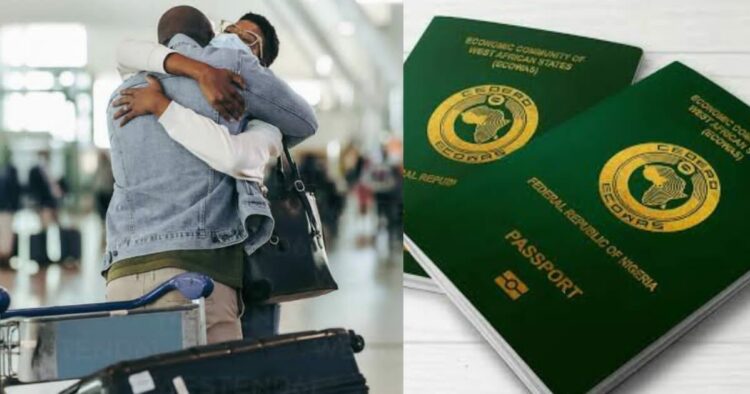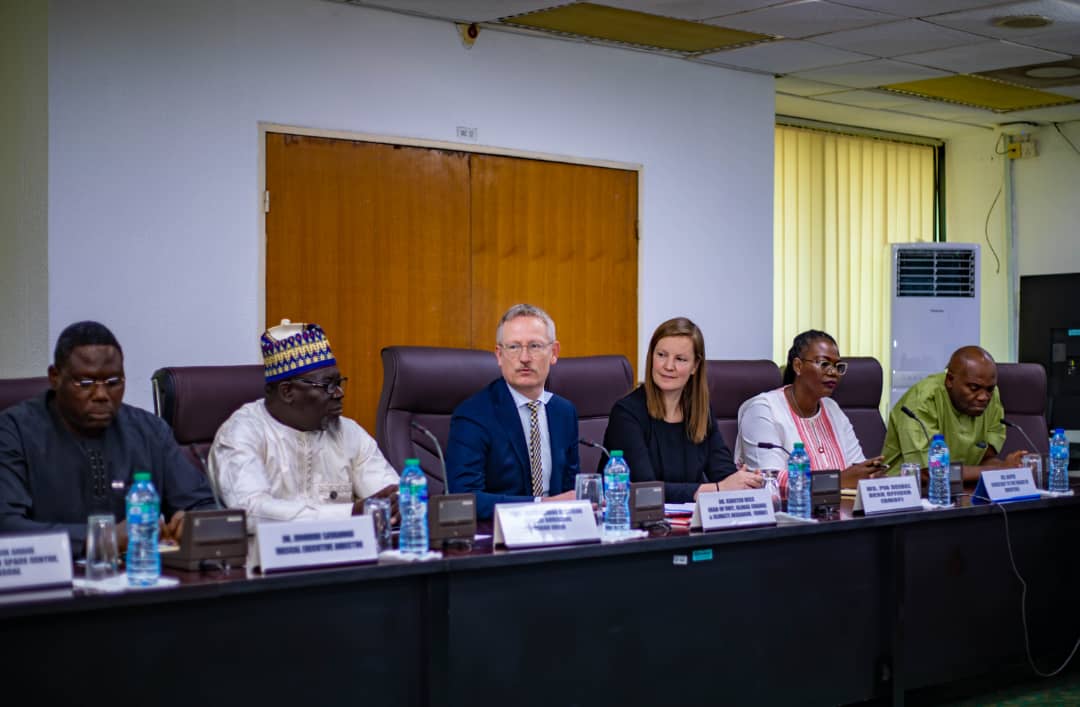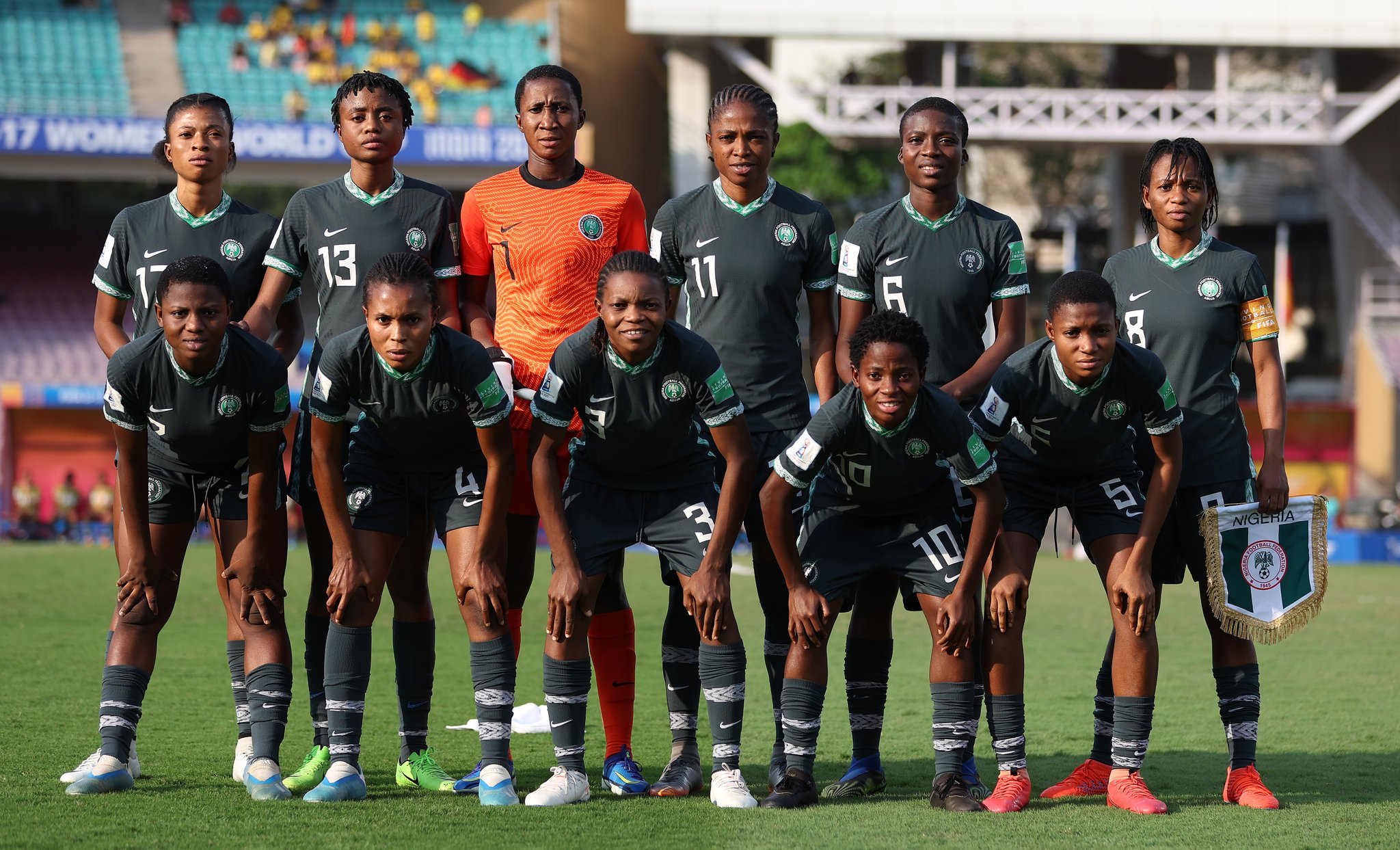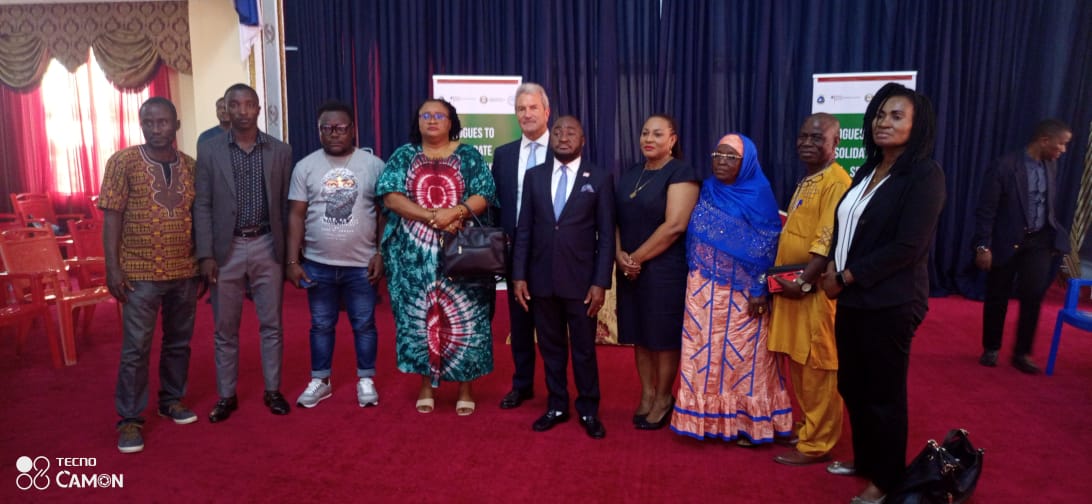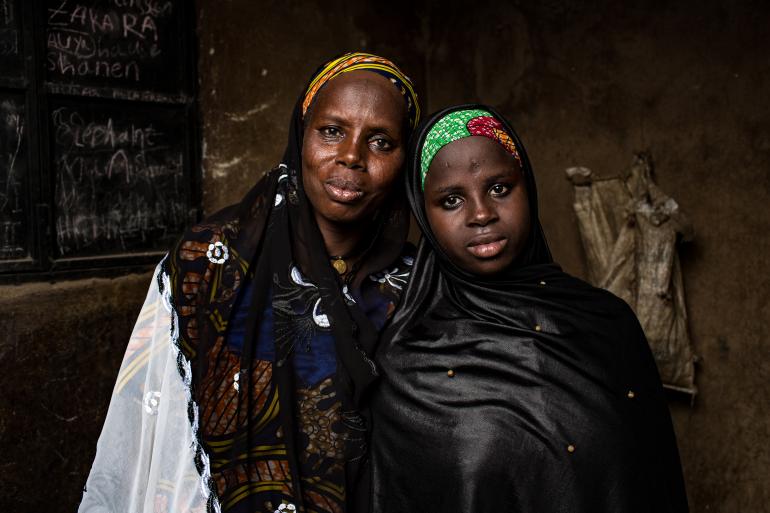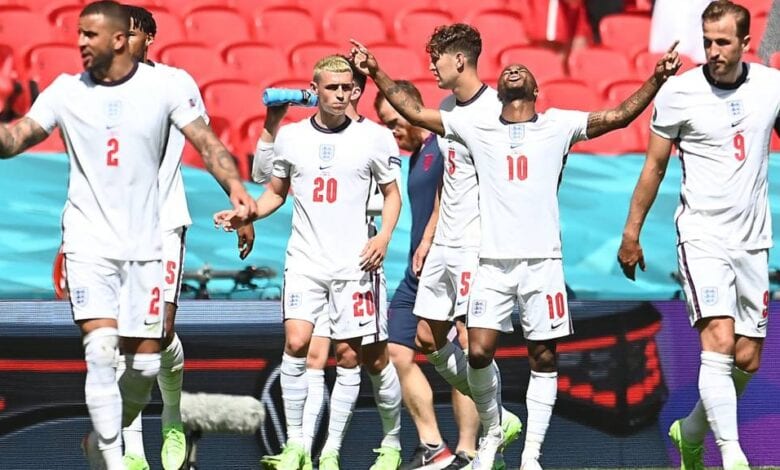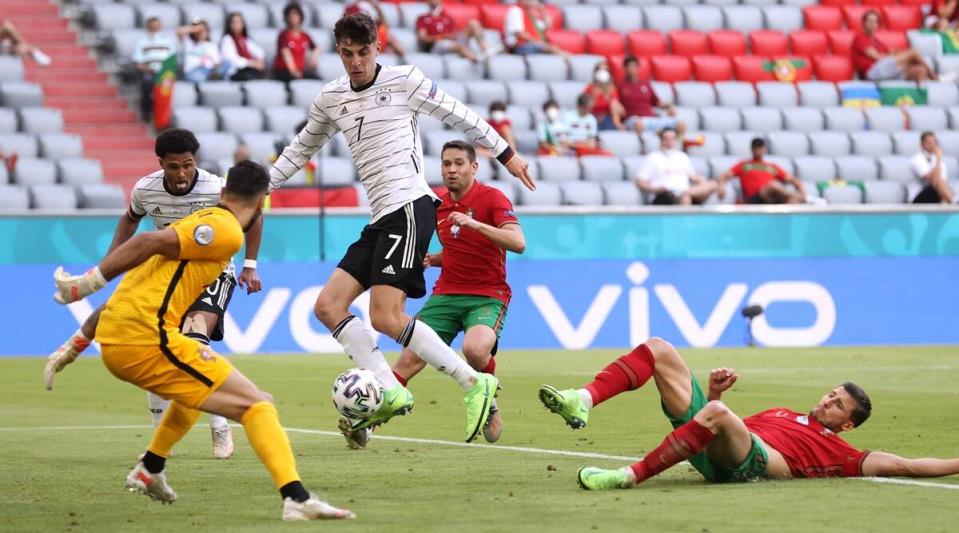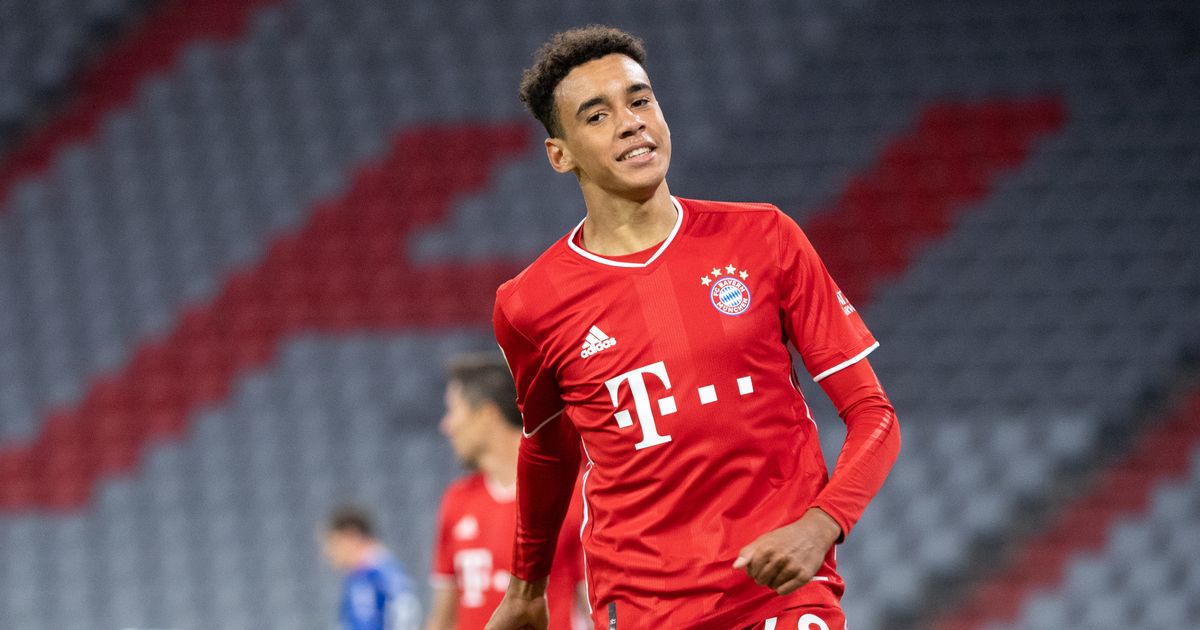By Milcah Tanimu
Some countries with renowned educational institutions recognize the importance of having loved ones nearby while studying. These countries have established dependent visa programs allowing foreign students to bring their family members along.
Canada
Canada is a top choice for students wanting to stay with their families while studying, despite the higher costs. The country’s immigration policies enable students to bring their spouses and children, with dependents allowed to work full-time under specific conditions. Required documents include visa applications, proof of relationship, acceptance letters, financial proof, language proficiency, medical exams, and police clearance. More information is available at [IRCC Canada](https://ircc.canada.ca).
Finland
Finland offers a D visa, providing 100 days of residency before obtaining a full residence permit. It’s easier for international students to bring their spouses after settling in. Applicants need financial stability to support dependents. For detailed information, visit [Finland](https://www.finland.fi).
Germany
Germany provides a family reunion visa, allowing dependents to reside temporarily or permanently. Dependents can also work in Germany. Requirements include the sponsor’s valid residence permit, adequate living space, health insurance, financial security, German language skills, and age declarations. More details can be found at [German Foreign Office](https://www.auswaertiges-amt.de/en/visa-service/buergerservice/faq/09-familiennachzug-studenten/606700).
Malta
Malta is a popular English-speaking destination in Europe for international students. The country offers family visas for spouses, children, and other dependents. Eligibility criteria include relationship proof, financial stability, health insurance, and accommodation proof. More information is available at [Identity Malta](https://identita.gov.mt).
Japan
Japan allows foreign students to bring their spouses and children through a dependent visa. Applications can be made via overseas Japanese embassies or through a Certificate of Eligibility at an immigration bureau in Japan. It’s advisable to secure stable accommodation first. Visit [GRIPS](https://www.grips.ac.jp/en/education/students/visa_information/depend_visa/) for more information.
Australia
Australia permits most students to bring their immediate family members, including spouses and children under 18. Dependent partners may have unrestricted work rights, and children can attend school. Details can be found at [Study Australia](https://www.studyaustralia.gov.au).
Austria
Austria allows students to bring their family members by applying for residence permits and visas. Requirements include financial proof, being over 21 for married couples, and ensuring sufficient funds. More information is available at [Migration Austria](https://www.migration.gv.at/en/types-of-immigration/permanent-immigration/family-reunification/).
China
China offers S1 and S2 visas for family members of foreign residents. The S1 visa is for long-term stays and can be extended, while the S2 visa is for short-term visits. For more details, visit [China Embassy](http://ng.china-embassy.gov.cn/eng/lsfw/zytz/201903/t20190301_7775770.htm).
Denmark
Denmark’s student dependent visa allows spouses and children under 18 to join international students. Although learning Danish is beneficial, English proficiency tests are not required. For more information, visit [New to Denmark](https://www.nyidanmark.dk/en-GB/Applying/Familie/Medfoelgende%20familie).
USA
The United States offers F-2 visas for spouses and unmarried children under 21 of international students. It’s essential to check specific institutional requirements before applying. More details can be found at [US State Department](https://travel.state.gov/content/travel/en/us-visas/study/student-visa.html).
Before making any applications, conduct thorough research on your chosen course, institution, and country. Consult with the respective country’s embassy to ensure compliance with all requirements and secure your stay with your family.
